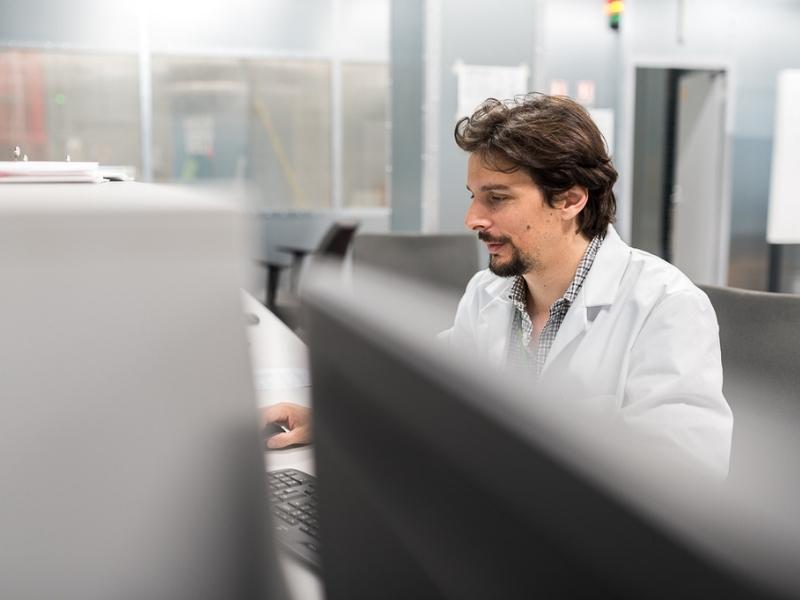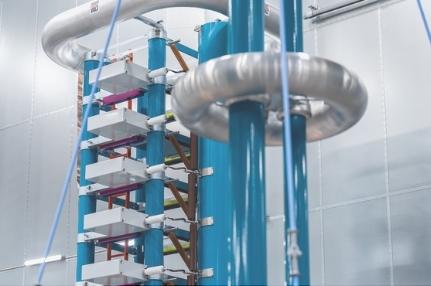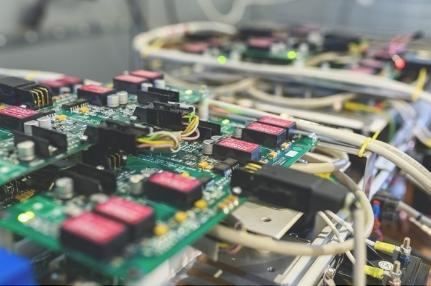Research & Collaboration
What makes us unique?
SuperGrid Institute owes its success to the people who make up our various research departments. Our teams come from diverse backgrounds in industry and academia, and their wealth of experience and skills make the Institute unique. Each individual brings specific expertise to the table.
This melting pot of knowledge offers opportunities for specialists from different fields to collaborate on new and innovative solutions to technical problems.
The Institute also benefits from close collaborative relationships with industry and academic institutions. The complementary strengths of our partners provide insights and innovative approaches to technical challenges. At the same time, we retain total independence in our research. Public-private investments and collaborative projects finance our work.
SuperGrid Institute’s state-of-the-art research facilities, test platforms and laboratories at the Villeurbanne and Grenoble sites are key to the success of our five research departments.


Latest scientific publications
Influence of MMC control philosophies on Multi-Terminal HVDC Design and Expandability
the influence of different control philosophies for Modular Multi-level Converters on the design of MTDC grids’ control and protection is investigated and discussed.
Development of Frequency-dependant DC equivalent models for Multi-terminal DC grids
This paper highlights two DC grid equivalent models: a simple RLC model and a frequency-dependent reduced-order model.
Subsea smart hubs for floating wind
Subsea Smart Hubs project has been initiated with the aim of addressing new Inter-Array Cable system architectures for floating wind farms.







